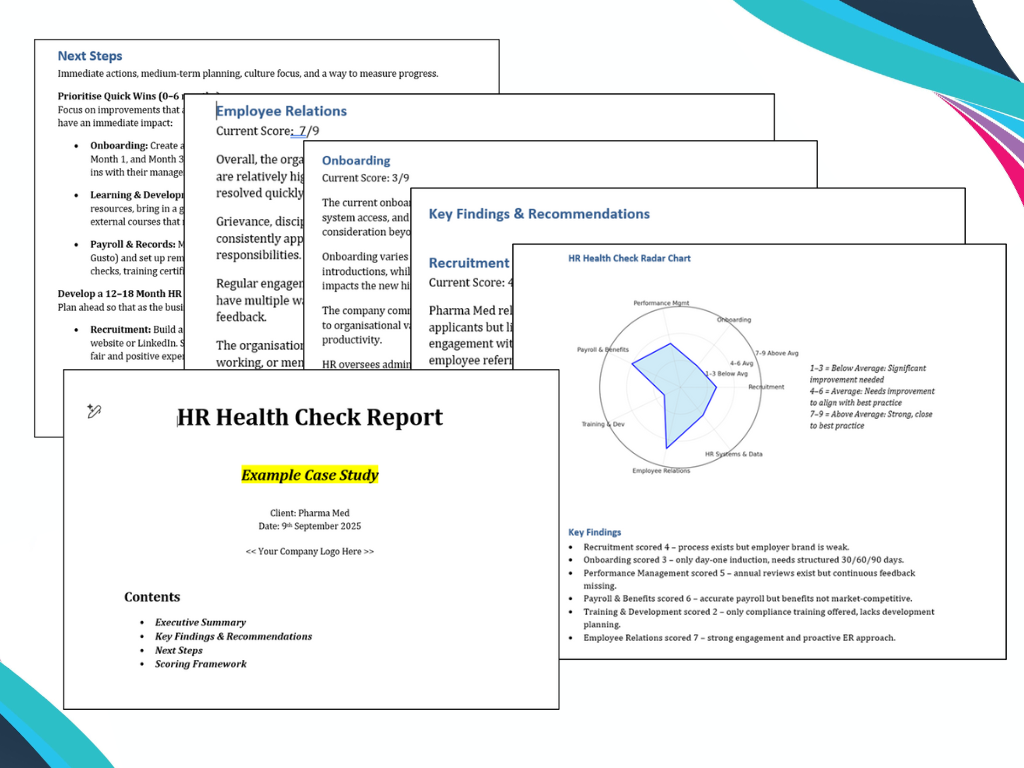How should HR respond to the zero hours contract changes?
Businesses across the UK will be facing a number of changes when the Employment Rights Bill becomes law.
One of the most controversial concerns the flexible contracts known as ‘zero-hours contracts’. These are widely used in the corporate world, so what should HR do ahead of the changes?
What will the changes amount to?
The initial version of the bill would have allowed employees on zero-hours contracts to demand fixed hours. That may still happen, but an amendment has been proposed that would allow them to request guaranteed hours, but would give employers the right to say no if they can prove that zero-hours contracts are a necessity.
The bill will also grant employees on these contracts the right to a reasonable notice period if their shift is changed or cancelled, as well as compensation rights.
How should HR respond?
If the bill becomes law, these particular changes would not be implemented until 2027. That gives HR departments – whether they are in-house or outsourced HR services in Bedfordshire – time to prepare. It is difficult to do much until businesses have clarity over what the law is.
However they should be starting to assess what the impact of the changes would be. How much use does their company make of zero-hours contracts and what would be the potential costs created by the changes? Finding out the answers to those questions will help to determine the strategy: either retaining flexible contracts or abandoning them.
For the best HR services in Bedfordshire, give FiveRivers Consulting a call now.
